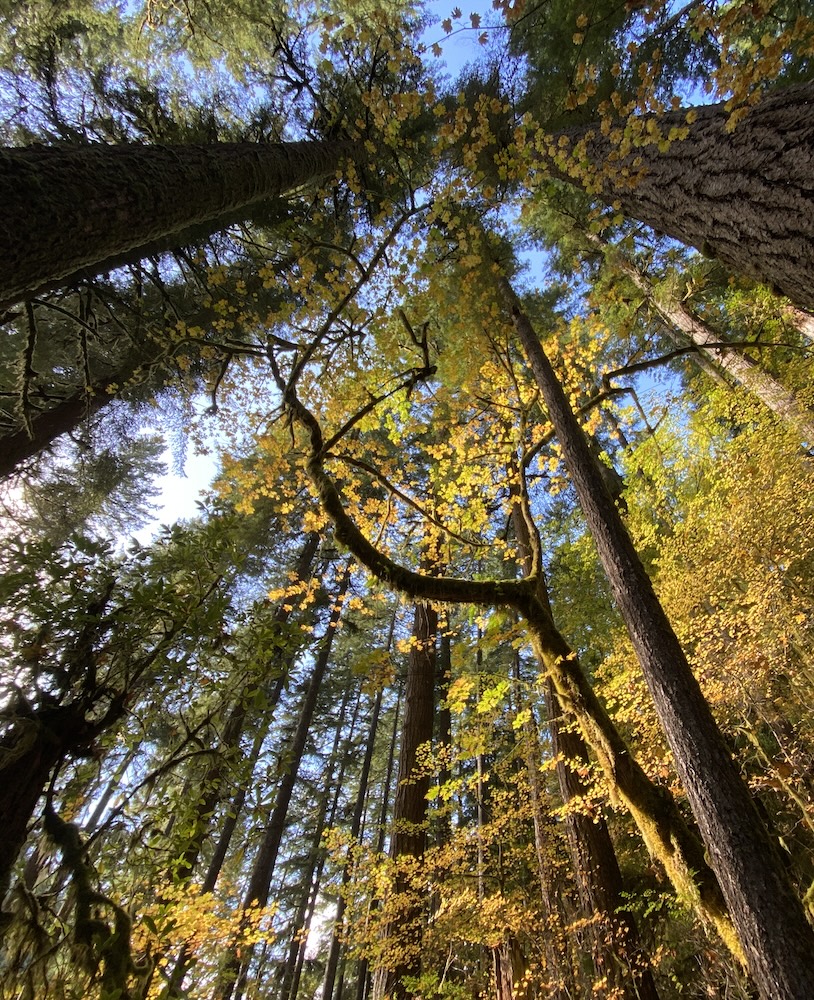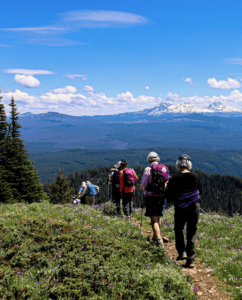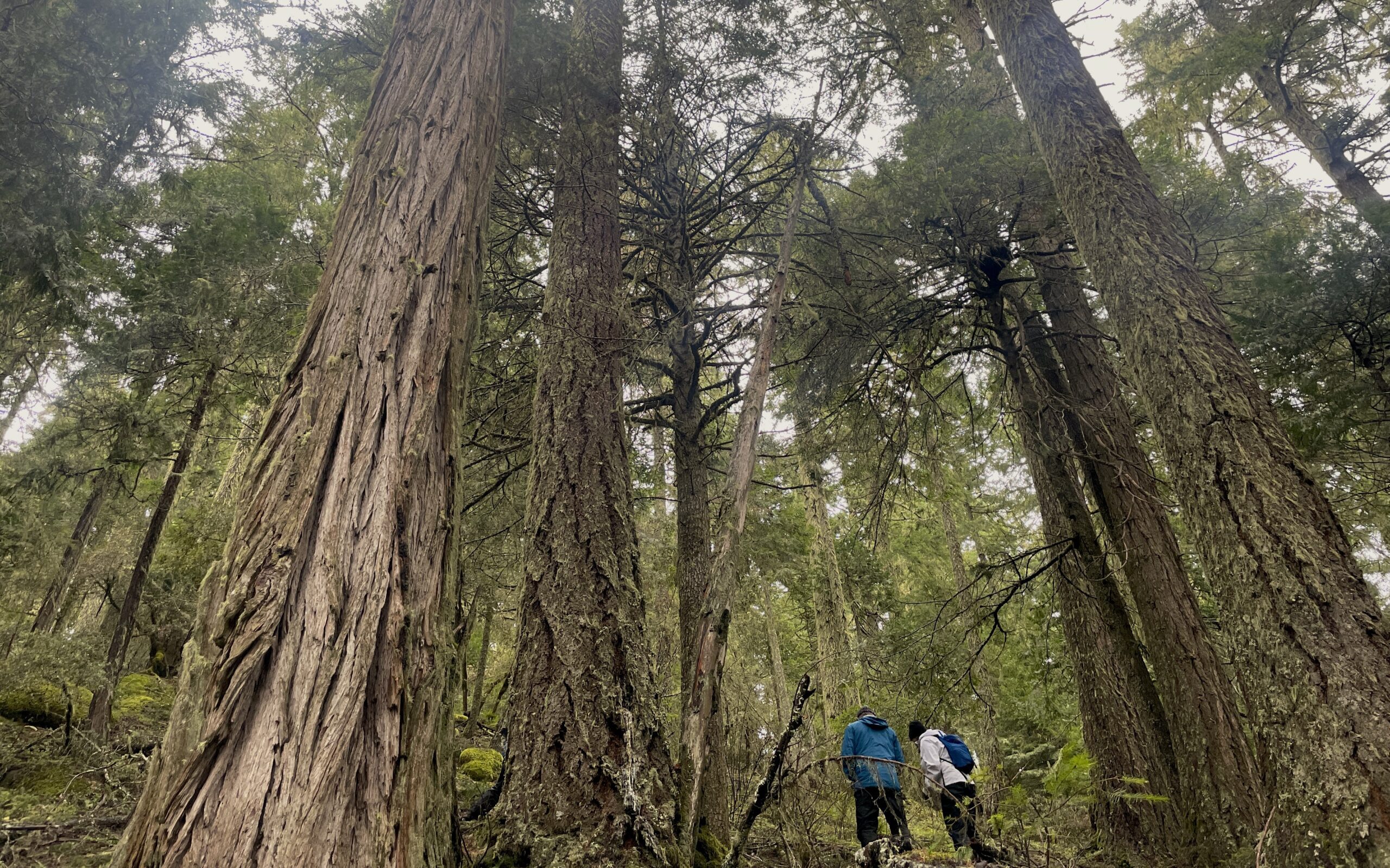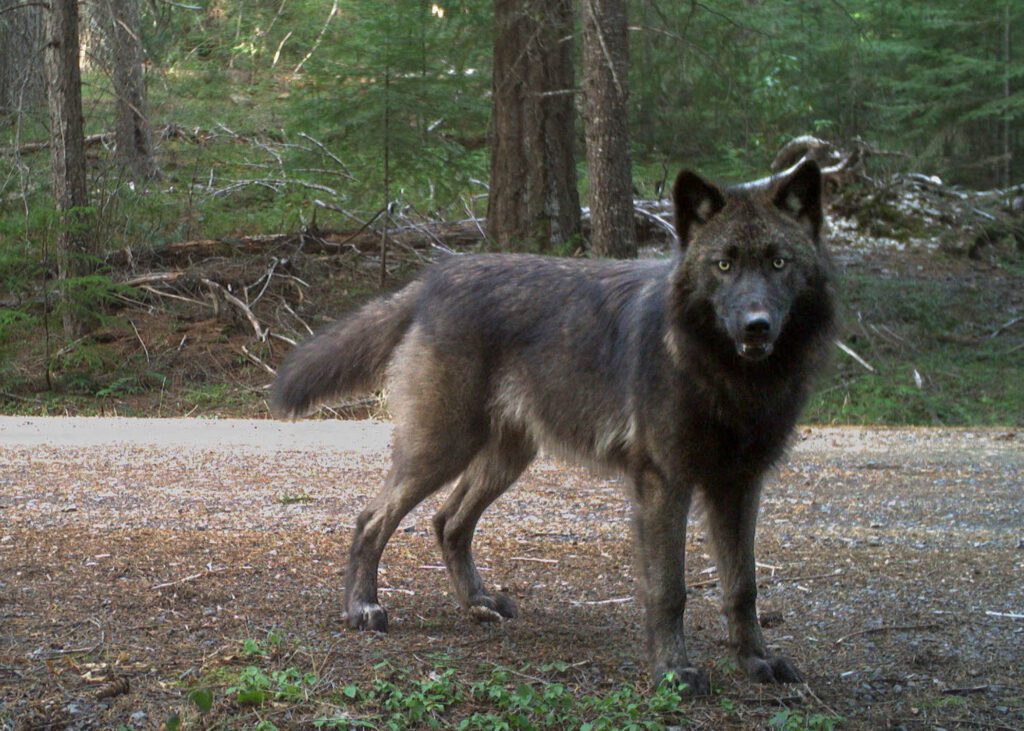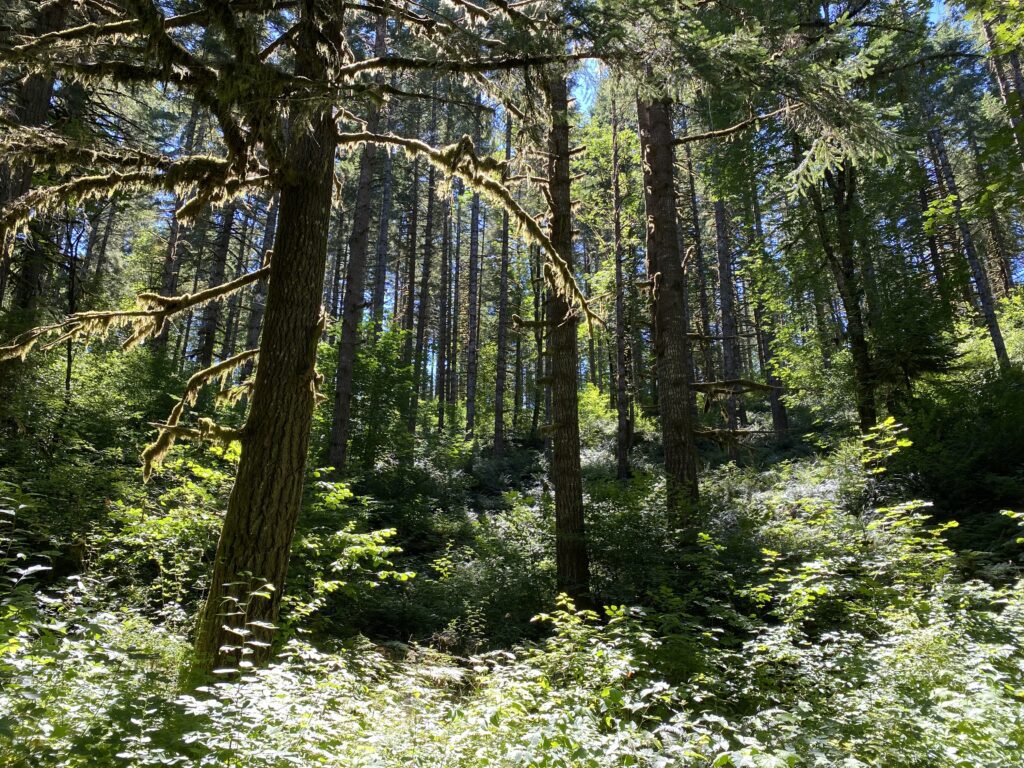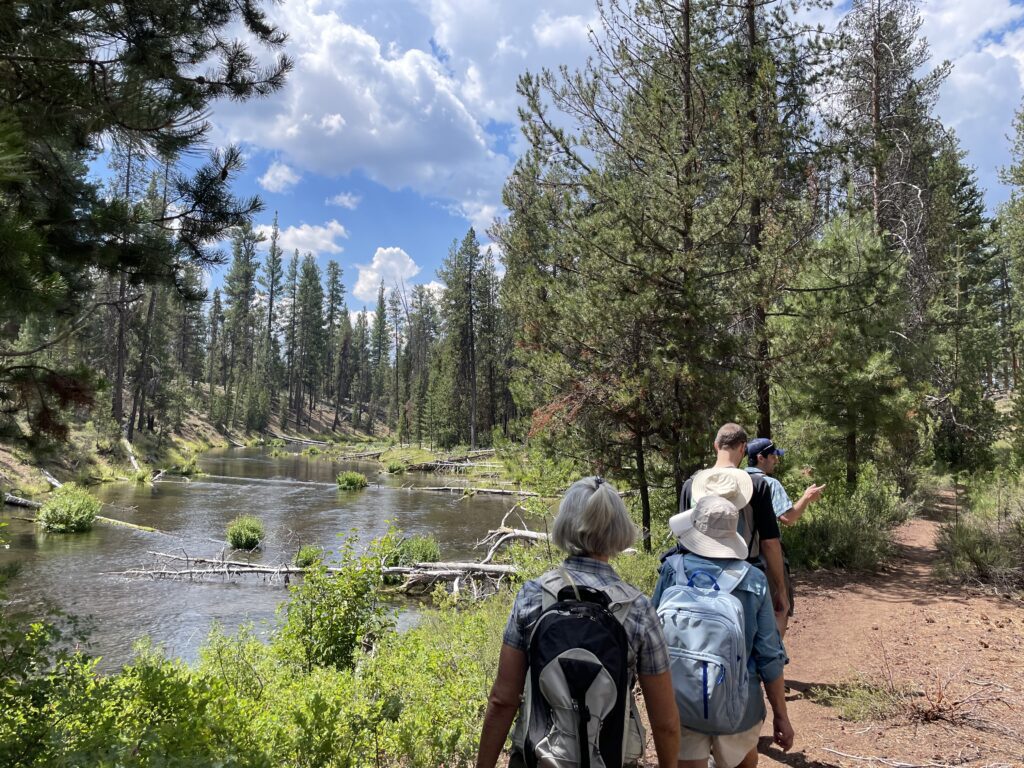Washington, DC
Contact for more information
The U.S. Department of the Interior (DOI) announced Thursday a wide-ranging conservation rule with a goal to “promote ecosystem resilience on public lands” and which includes an acknowledgment of the importance of mature and old-growth trees and forests. The DOI will launch a 75-day public comment period during which members of the public will weigh on forest protection and other policies being considered. Members of the Climate Forests Campaign, a coalition of more than 120 organizations working to protect mature and old-growth trees and forests on federal land from the threat of logging, praised this welcome recognition by DOI, and further called on the U.S. Department of Agriculture (USDA) to adopt rules that protect mature and old growth trees and forests as part of its work to restore U.S Forest Service lands and safeguard communities from fire.
Thursday’s announcements come nearly a year after President Biden issued an executive order acknowledging the critical roles that forests play in fighting climate change and protecting wildlife habitat and directing the DOI and USDA to “develop policies, with robust opportunity for public comment, to institutionalize climate-smart management and conservation strategies that address threats to mature and old-growth forests on Federal lands.”
Over 63 million acres of mature and old-growth forests safeguard carbon, clean water, and biodiversity across all federal public lands, including over 5 million acres managed by the Interior Department’s Bureau of Land Management (BLM) and over 53 million acres managed by the U.S. Forest Service in the U.S. Department of Agriculture. Of these, some 50 million acres are at risk from logging. The DOI’s announcement would begin a rulemaking process for forests managed by the BLM.
The Climate Forests Campaign has been working to raise awareness about the necessity of protecting these trees and forests from logging highlighting 22 logging projects targeting mature and old-growth trees in Forest Service and BLM forests. Yet, only one of those projects, Flat Country in the Willamette National Forest, has been withdrawn because it was incongruous with the Biden administration’s policies regarding protecting trees that are important for fighting climate change.
In response to the agencies’ announcements, advocates issued the following statements:
“This is a much welcomed, necessary step in the right direction for protecting mature and old-growth forests,” said Blaine Miller-McFeeley, senior legislative representative at Earthjustice. “President Biden made clear last Earth Day that he wants to incorporate the conservation of these vital trees as a part of the climate solution. We encourage the U.S. Forest Service to follow the lead of the Bureau of Land Management in progressing that vision.”
“These agencies face many challenges when it comes to protecting mature and old-growth forests on federal lands and they have enormous sway over whether logging takes down our mature forests,” said Environment America Research & Policy Center’s Public Lands Campaign Director, Ellen Montgomery. “Americans love our forests and want to see our oldest trees growing tall for decades and centuries to come. We’ll urge people to make these views known through the upcoming public comment process.”
“BLM manages some of America’s most climate-critical mature forests and trees,” said Garett Rose, Senior Attorney at the Natural Resources Defense Council (NRDC). “Logging them releases carbon, destroys habitat, and undermines recreational opportunities. Following today’s welcome announcement, the Agency must ensure that the final regulation includes robust protection for these magnificent forests and trees.”
“Recognizing the importance of mature and old-growth forests as a natural climate solution is a huge step forward for the Bureau of Land Management,” said Oregon Wild’s Conservation Director, Steve Pedery. “Now all eyes are on Secretary Haaland to see meaningful protections established that preserve these giants from logging and ensure they remain standing for generations to come.”
“The Department of the Interior manages some of the most important landscapes and ecosystems in the country, including portions of our last mature and old-growth forests,” said Alex Craven, Senior Campaign Representative with Sierra Club. “Today’s announcement shows important leadership from Secretary Haaland, and we look forward to working with the department to make sure it delivers long-awaited protections to these vital and precious forests.”
“We commend the US Department of Interior for taking an important step in the right direction for the protection of the Bureau of Land Management’s mature and old-growth forests,” said Zack Porter, Executive Director of Standing Trees, which advocates on behalf of New England’s public lands. “Now that the BLM is leading the way forward, we expect the U.S. Forest Service to quickly follow suit so that all mature and old-growth forests on federal public lands can be protected for the benefit of future generations, as directed by President Biden in his executive order from Earth Day 2022.”
“The BLM and President Biden recognize the crucial role mature and old-growth forests have in helping address the climate crisis, and we remain hopeful the government will safeguard them from harmful logging operations,” said Adam Rissien, WildEarth Guardians’ ReWilding Manager. “Halting the logging of older, fire-resistant trees is an immediate step the agency can take to stop exacerbating the many natural threats forest face under a changing climate.”
“BLM older forests are some of the most carbon dense on the planet that are essential to the Biden administration’s nature-based climate strategy. They should be protected from all forms of logging as part of BLM’s overall stewardship responsibilities and in compliance with the president’s executive orders to inventory older forests for conservation purposes and to protect 30% of the nation’s lands and waters by 2030” said Dominick A. DellaSala, Ph. D, Chief Scientist, Wild Heritage, Oregon.
